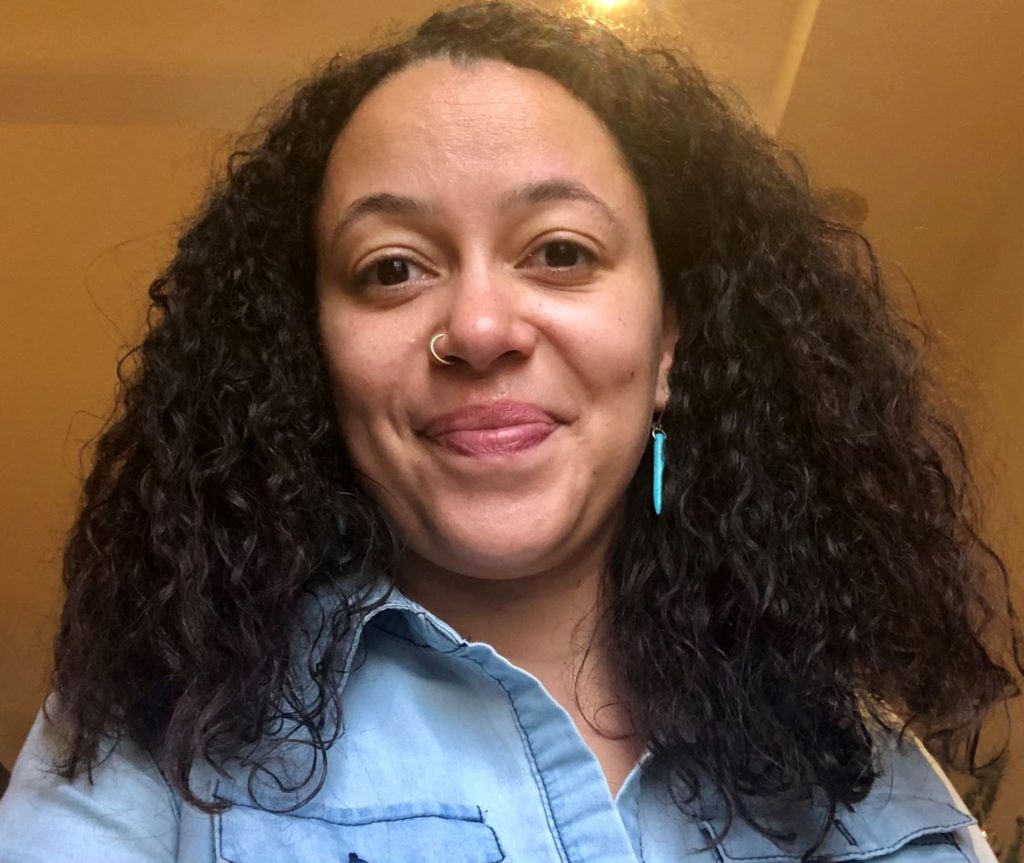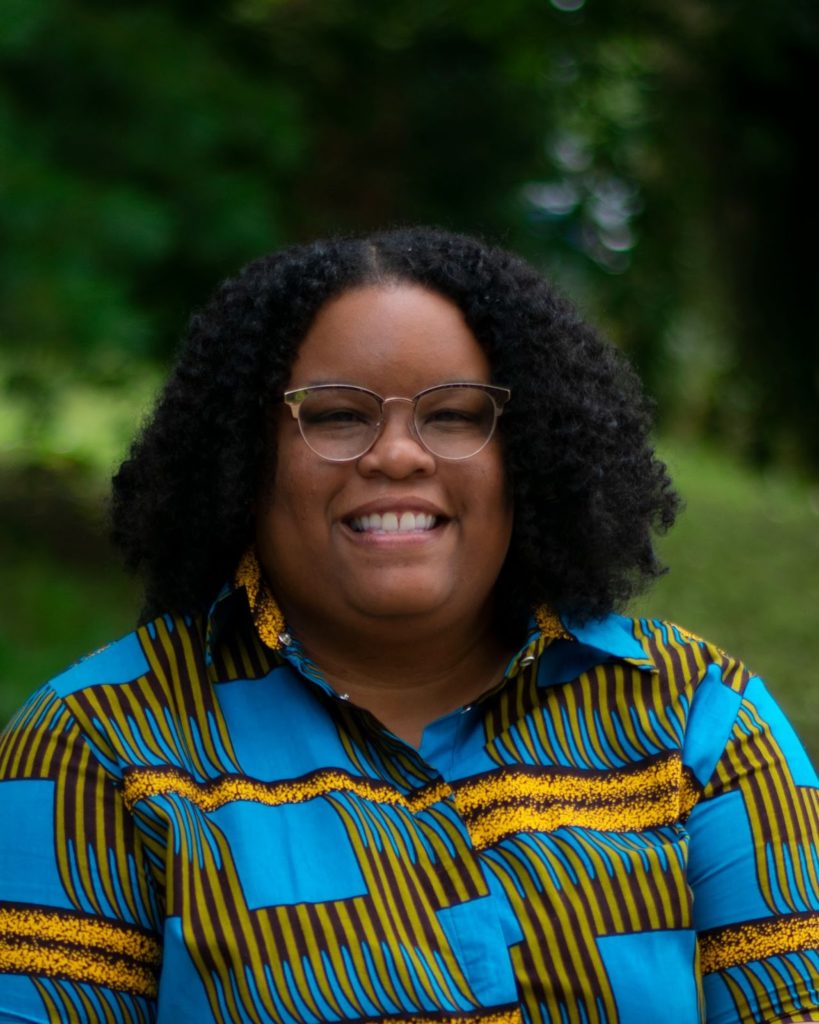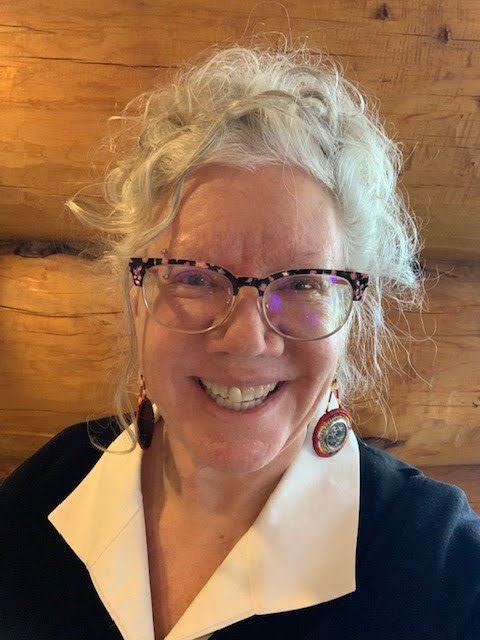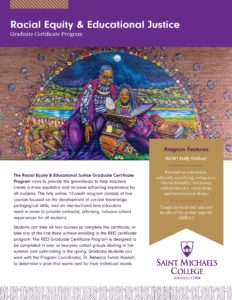Racial Equity & Educational Justice Graduate Certificate Program
12 Credits, 100% Online
The Racial Equity & Educational Justice (REEJ) Graduate Certificate Program aims to help educators develop the content knowledge, pedagogical skills, and intersectional lens necessary to provide more equitable and inclusive schooling experiences for all students. This 12-credit, fully online, graduate certificate program consists of four courses focused on antiracism, critical reflexivity, collective liberation, and justice. In the culminating course, students synthesize and apply their learning as they engage in a personalized cycle of inquiry around a specific issue of equity and educational justice of their choosing.
The REEJ Certificate Program at a Glance (12 cr.)
- GED571 Antiracism: Critical Theory & Praxis (Summer May-June 2025)
- GED575 Indigenous Perspectives: Culturally Sustaining Pedagogy, Curriculum, and the Arts (Summer June-July 2025)
- GED 573 African American History for Teachers (Fall 2025 Tues)
- GED 577 Inquiry in Equity & Educational Justice (Spring 2025 Weds)
Students can take all four courses to complete the certificate, or take any of the first three without enrolling in the REEJ certificate program. The REEJ Graduate Certificate Program is designed to be completed in 1-2 year cohort groups starting in the summer and culminating in the spring. Graduate students can work with the Program Coordinator, Dr. Rebecca Eunmi Haslam, to determine a plan that works best for your individual needs.
Register now – Current Students Create Account – New Students
*Students not currently enrolled in the REEJ program can register for a single course up to two weeks before the start of the course.
Learn more about the courses and instructors below:
GED 571 - Antiracism: Critical Theory & Praxis
Professor Rebecca Eunmi Haslam
3 credit, Remote via Zoom (sync/async)
Summer 2025 Monday-Wednesday, May 19 – June 11 4:30-7:30pm EST REMOTE
Email rhaslam@smcvt.edu for more information
This fully online course employs racial reflexivity to explore the ways in which we are all stakeholders in the advancement of antiracist policies, ideologies, and social ways of being. We will employ critical reflexivity to intentionally attend to the context of knowledge construction, confront our own assumptions, and consider how social positionality affects one’s analysis of inequity and racism. Drawing upon critical consciousness theory (Friere, 1973) this course examines the dynamics of marginalization and oppression in creating and sustaining social inequity. Antiracist educators must reveal and disrupt racist and inequitable systems, policies, behaviors, language, and ideologies in the name of collective liberation. To this end, we will read and discuss the work of critical theorists, scholars, and authors to explore the fundamental questions they ask and address, and how they are relevant to antiracism in our own lives and pedagogical practice.
GED 575 - Indigenous Perspectives: Culturally Sustaining Pedagogies, Curriculum, and the Arts
Dr. Sandra Barton
3 credits
Summer 2025 Monday-Wedensday, June 23 – July 23, 2025, 4:30-7:30pm EST REMOTE (Contact rhaslam@smcvt.edu for schedule details)
This fully online course will explore the theories and applications of culturally sustaining pedagogies and integrative approaches through an Indigenous lens grounded in explorations of identity, culture, intersectionality, and the arts. Concepts addressed include: institutional culture; culturally relevant and responsive teaching; decolonization of land, minds, bodies, curriculum; intersectionality; art and storytelling as pedagogy; cultural traditions; representation and normalization throughout curricula; cultural erasure; and the dynamics of social dominance and marginalization.
Register now – Current Students Create Account – New Students
GED 573 - African American History for Teachers
Abigail Henry
3 credits
Fall 2025 – Tuesdays 5:15 to 7:45 p.m.
Remote via Zoom (mix of sync/async)
African American History for Teachers, a fully online course, will provide a deep dive into Black history from Ancient Africa through the present. This course will look at the ways in which African Americans have contributed to ideas of American democracy and the role Black resistance has played in response to institutional oppression. Model lessons will be provided on lesser-known Black history topics so that students can understand and develop pedagogical skills related to the subject.
Register now – Current Students Create Account – New Students
GED 577 - Inquiry in Equity & Educational Justice
Professor Rebecca Eunmi Haslam
3 credits, Remote via Zoom (sync/async)
Spring 2025 Wednesdays 5:15-7:45pm EST REMOTE
Email rhaslam@smcvt.edu for more information
The goal of this culminating fully online course is to engage in a cycle of inquiry around equity and educational justice. Students will work with an advisor to identify an issue in the field and then engage in a cycle of inquiry. This will include identifying the issue, reviewing existing research and gathering information, planning and implementing a change or intervention, and analyzing outcomes. A major goal of this practicum is to focus on a change within one’s own practice, presence, or thinking and to synthesize the learning throughout the REEJ Certificate program. The cycle of inquiry will be personalized and could focus on leadership, curriculum, reflexive self-study, or something else.




